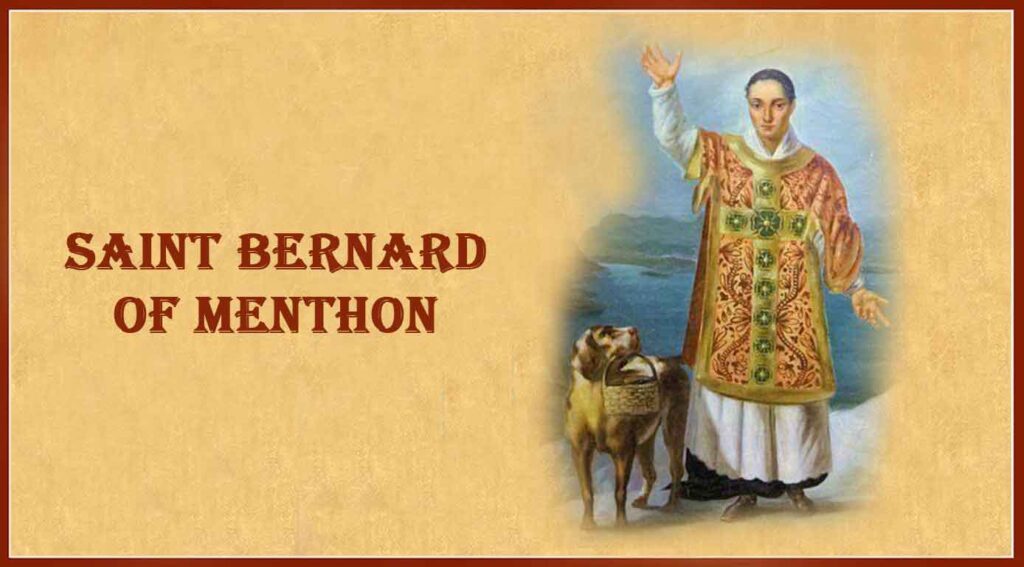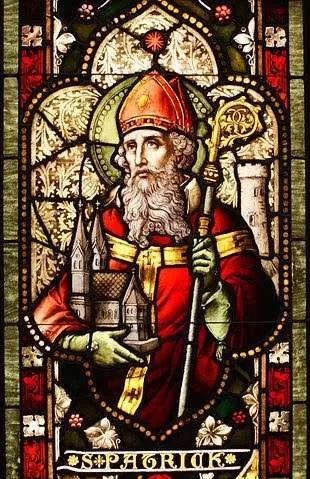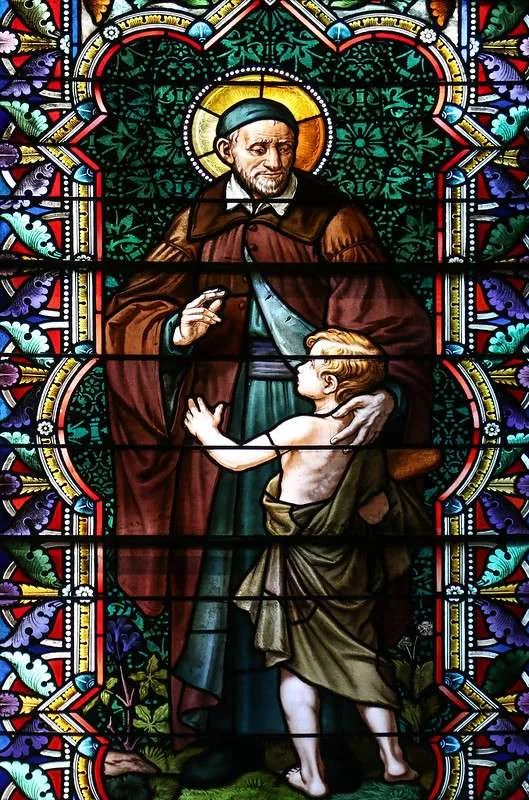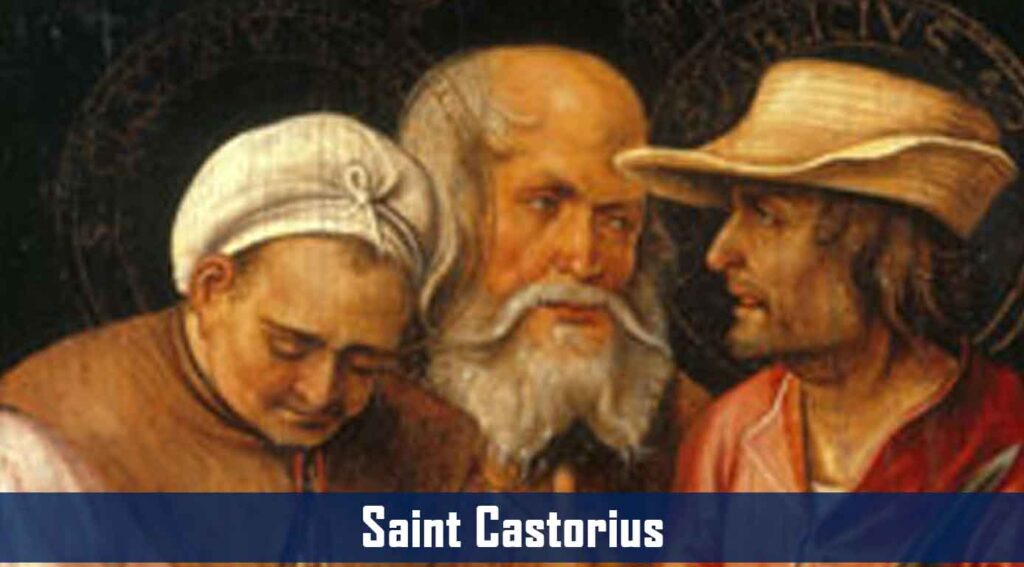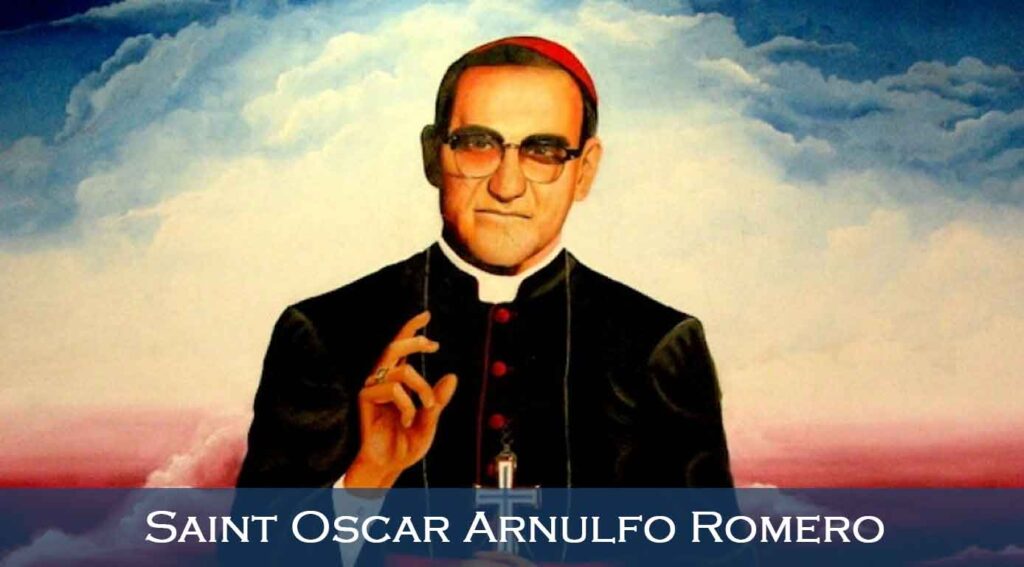Saint Bernard of Menthon was born probably in the Château de Menthon, near Annecy, then in the County of Savoy, a part of the Kingdom of Burgundy. When he had reached adulthood, he decided to devote himself to the service of the Church and refused an honorable marriage proposed by his father.
Placing himself under the direction of Peter, the Archdeacon of Aosta, under whose guidance he rapidly progressed, Saint Bernard was ordained a priest and worked as a missionary in the mountain villages. Later, on account of his learning and virtue, he was appointed to succeed his mentor as archdeacon of the cathedral, giving him charge of the government of the diocese, directly under the bishop.
For 42 years, he continued to preach the Gospel to these people and even into many cantons of Lombardy, effecting numerous conversions and working many miracles.
He is the patron saint of adopted children. Following his death, he gained local acclaim and was canonised by Pope Alexander IV in 1256. The last act of St. Bernard’s life was the reconciliation of two noblemen whose strife threatened a fatal outcome. He died in June 1081 in the Imperial Free City of Novara and was interred in the monastery of St. Lawrence.
Saint Bernard of Menthon was a canon regular and founder of the Great St Bernard Hospice, as well as its associated Canons Regular of the Hospitaller Congregation of Great Saint Bernard. He gave his name to the Saint Bernard breed of dog, originally bred for the cold environment of the hospice.


